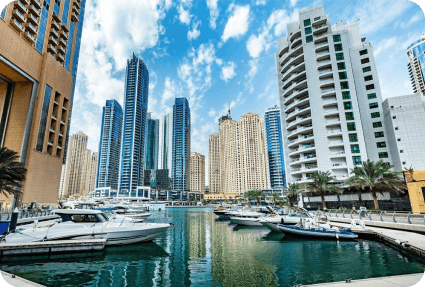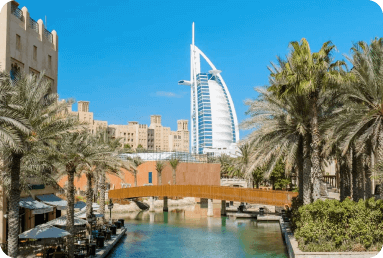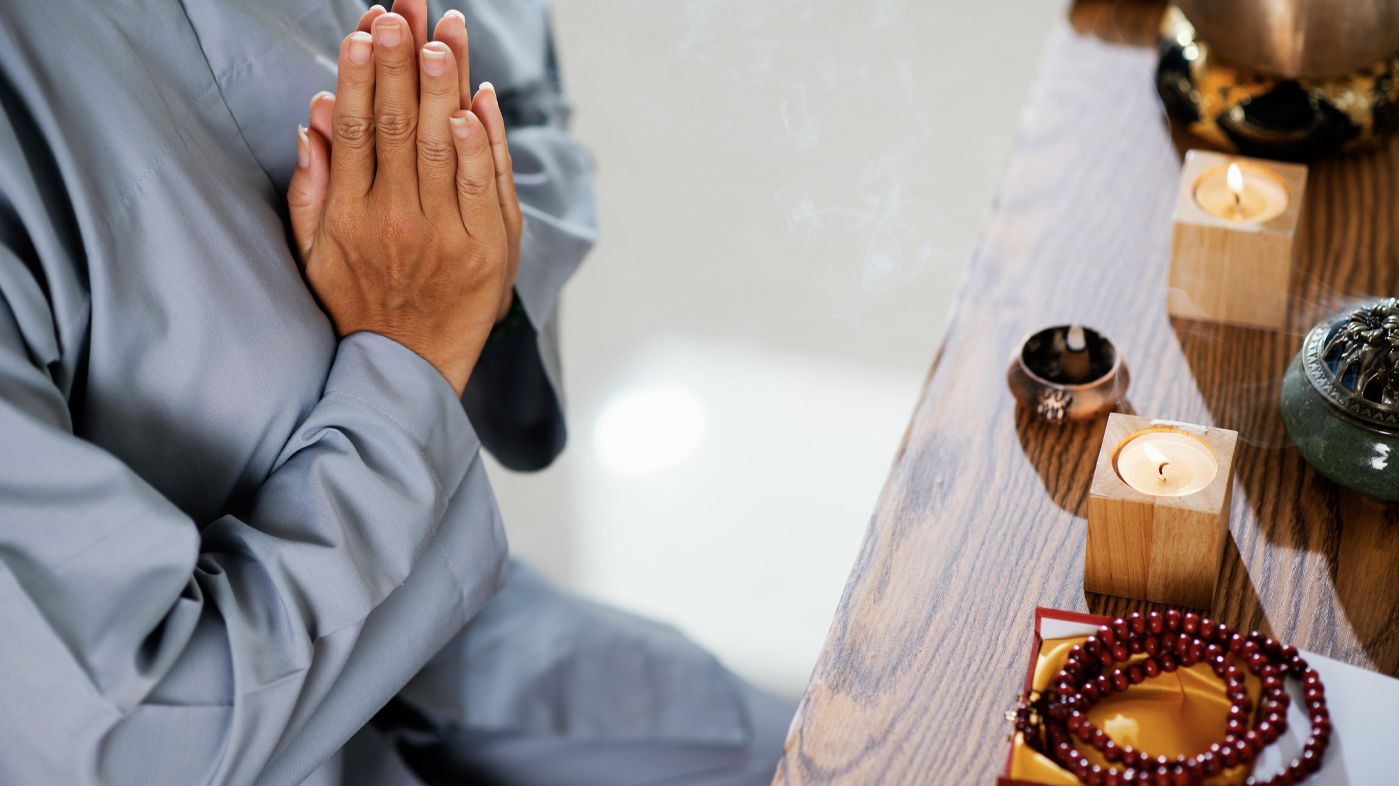In the Islamic world, the daily prayer rituals, known as Salah, constitute an integral cornerstone of a devout Muslim’s life, embodying a profound connection with the divine. Mandated by Islamic law, Muslims adhere to the performance of five obligatory prayers, or Salah, at designated intervals spanning from the pre-dawn hours to the depths of nightfall. Each prayer, characterized by its distinct timing and ritual structure, serves as a sacred conduit for believers to express gratitude, seek guidance, and find solace in their faith amidst the ebb and flow of daily life.
If you want to partake in the Islamic tradition of prayer, Dubai’s churches offer a welcoming embrace. These sacred walls provide spaces where individuals can connect with their spirituality respectfully and reverently. While the format and structure of Islamic prayers may differ from Christian worship services, the essence of devotion and reverence remains constant, bridging the gap between diverse religious practices and fostering mutual understanding and respect.
The Five Obligatory Prayers In Islam
Fajr (Dawn Prayer)
Fajr is the first of Islam’s five obligatory daily prayers. It symbolizes the beginning of the day and is considered particularly blessed. It offers Muslims a tranquil moment to seek spiritual peace and guidance. Performing Fajr prayer is highly emphasized, as it is believed to bring immense rewards and protection throughout the day.
When?
Fajr begins at dawn (approximately 90 minutes before sunrise) and ends just before sunrise.
What?
This prayer consists of two units (rak’ahs) and is performed quietly and peacefully, emphasizing the serenity of early morning.
Dhuhr (Midday Prayer)
Dhuhr is the second of Islam’s five daily prayers. It provides a spiritual break in the middle of the day, allowing Muslims to reflect on their actions and seek Allah’s guidance amidst their daily activities. Dhuhr prayer emphasizes the importance of pausing from worldly pursuits to reconnect with faith and express gratitude.
When?
It begins after the sun has passed its zenith (approximately noon) and lasts until Asr prayer.
What?
This prayer consists of four units (rak’ahs). It is performed after taking a break from the day’s activities, offering a moment of reflection and gratitude.
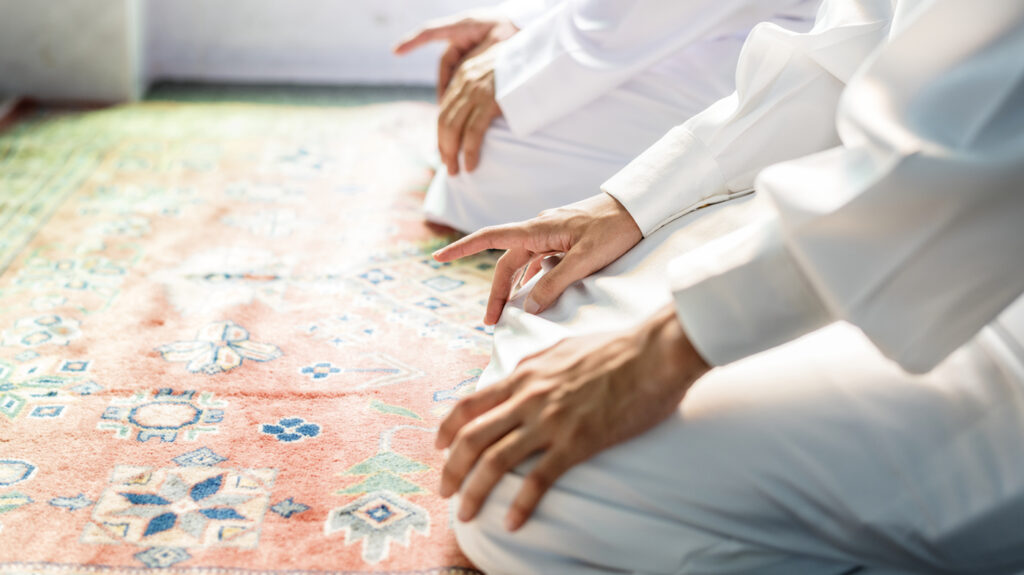
Asr (Afternoon Prayer)
Asr is the third of Islam’s five daily prayers. It reminds Muslims of Allah’s presence during the busy part of the day and helps them maintain spiritual mindfulness and discipline. Asr prayer emphasizes balancing worldly responsibilities with spiritual obligations, offering a moment of reflection and connection with God before the evening sets in.
When?
It begins in the afternoon when the shadow of an object is equal to its length and lasts until just before sunset.
What?
This prayer consists of four units (rak’ahs). It reminds us of Allah’s presence in daily life and activities.
Maghrib (Evening Prayer)
Maghrib is the fourth of the five daily prayers in Islam. It marks the end of the day’s fast during Ramadan and signifies the transition from day to night, providing a moment of gratitude and reflection. Maghrib prayer emphasizes the importance of concluding the day’s activities with spiritual devotion and seeking Allah’s blessings as night begins.
When?
It begins immediately after sunset and lasts until the twilight has disappeared.
What?
This prayer consists of three units (rak’ahs). It is performed soon after breaking the fast during Ramadan or concluding the day’s activities.
Isha (Night Prayer)
Isha is Islam’s fifth and final obligatory daily prayer. It offers a moment of tranquility and reflection at the end of the day, allowing Muslims to seek forgiveness and guidance before sleeping. Isha’s prayer emphasizes ending the day with spiritual devotion, reinforcing the importance of a continuous connection with Allah throughout the daily cycle.
When?
It begins when the twilight has disappeared and lasts until midnight.
What?
This prayer consists of four units (rak’ahs). It concludes the day, allowing Muslims to reflect on their actions and seek forgiveness.
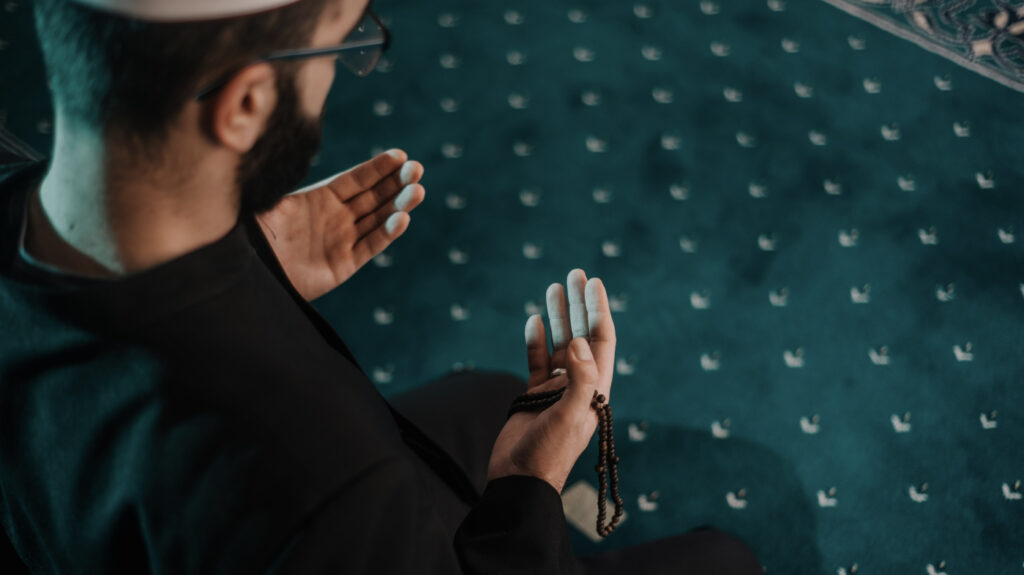
Additional Islamic Prayer Rituals
Jumu’ah (Friday Prayer)
Jumu’ah is a significant weekly gathering for Muslims, emphasizing community, unity, and collective worship. Attendance at Jumu’ah is highly encouraged for all male Muslims, providing an opportunity to listen to religious guidance and strengthen communal bonds.
When?
Replaces the Dhuhr prayer on Fridays and is performed at midday.
What?
This prayer is a congregational prayer held in the mosque. It consists of two units (rak’ahs) and is preceded by a sermon (khutbah).
Tahajjud (Night Vigil Prayer)
Tahajjud is highly recommended for spiritual growth. It offers a quiet and intimate time for personal reflection, supplication, and seeking closeness to Allah. Performing Tahajjud is considered exceptionally meritorious, with prayer being a means to attain Allah’s mercy and blessings.
When?
It should be performed in the late hours of the night before Fajr.
What?
This voluntary prayer can consist of any number of units (rak’ahs). It is highly recommended that you seek closeness to Allah and spiritual growth.
Tarawih (Night Prayers during Ramadan)
Tarawih are special congregational prayers that allow Muslims to recite and listen to the Quran, engage in communal worship, and seek spiritual rejuvenation throughout the blessed month of fasting.
When?
Tarawih should be performed after the Isha prayer during the month of Ramadan.
What?
These are additional prayers, usually performed in sets of two units (rak’ahs), with 8, 12, or 20 units depending on the tradition followed.
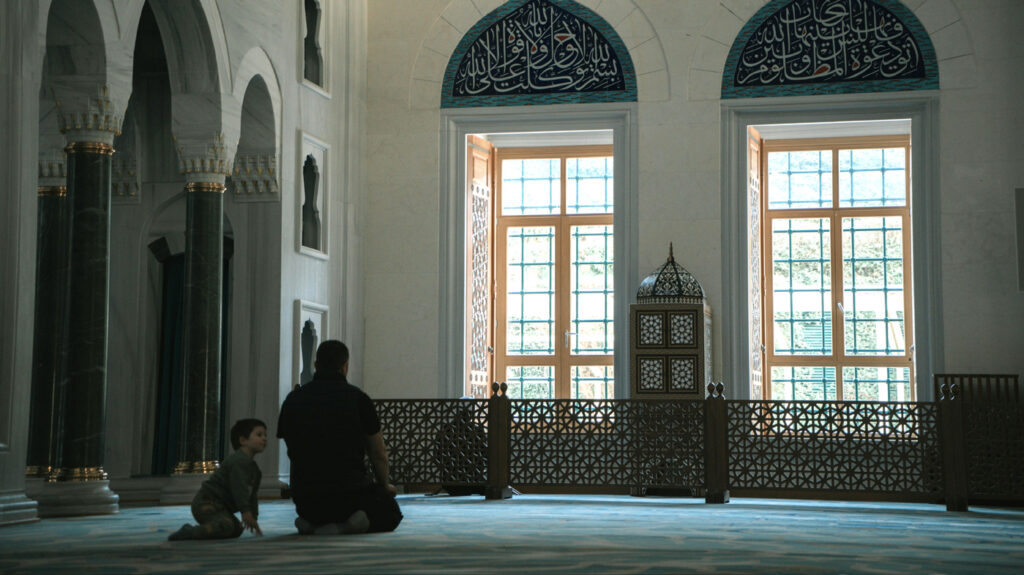
In Dubai, the exact timings for these prayers can vary slightly each day based on the sun’s position. The times are typically published in local newspapers and apps and displayed in mosques. As in other places, Muslims in Dubai use prayer times to pause their daily activities and reconnect with their faith.
Beyond its religious practices, Dubai’s vibrant culture is a treasure trove waiting to be discovered. Visitors can delve into diverse traditions, delicious foods, and exciting experiences that add depth to their spiritual journey. From exploring bustling marketplaces filled with aromatic spices to marveling at the city’s futuristic skyline, Dubai offers something for everyone. Whether strolling through historic neighborhoods or immersing oneself in world-class museums, there’s no shortage of ways to learn and grow. With festivals celebrating local customs and global diversity, Dubai invites people of all backgrounds to unite, broaden their horizons, and deepen their spiritual connections.

